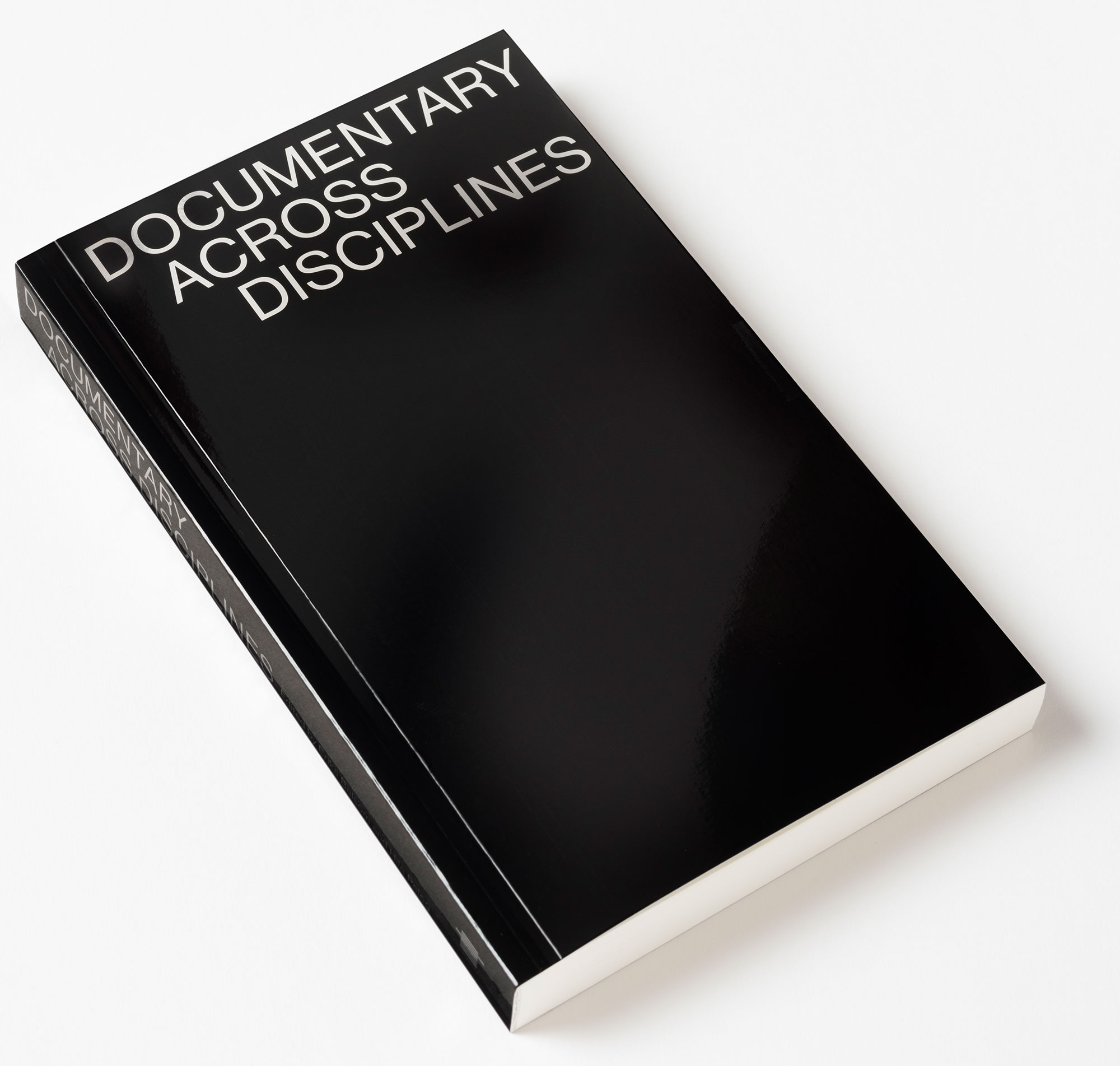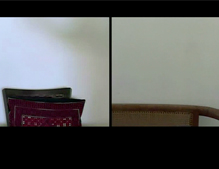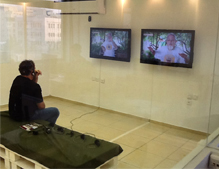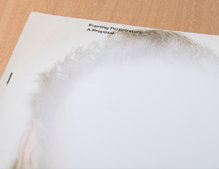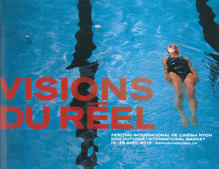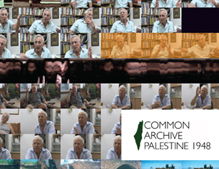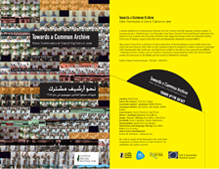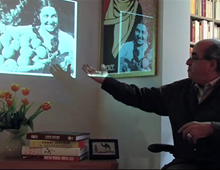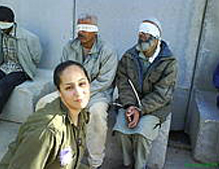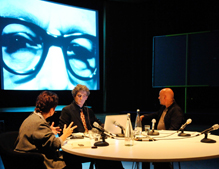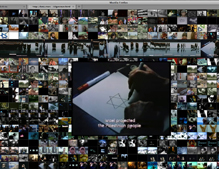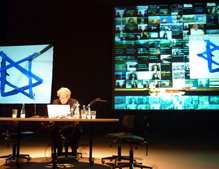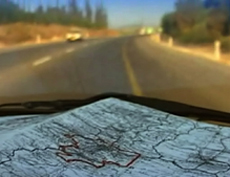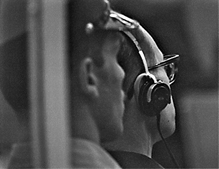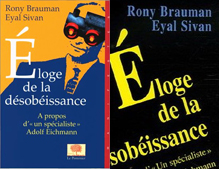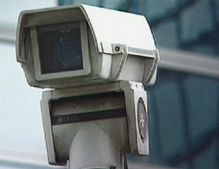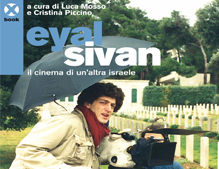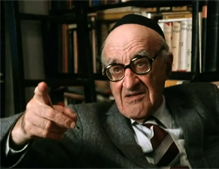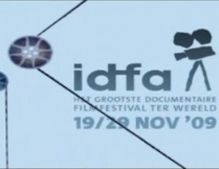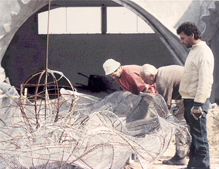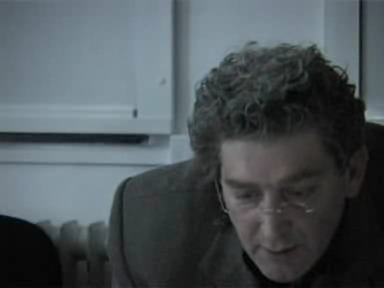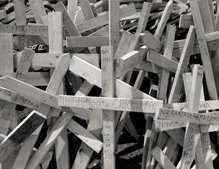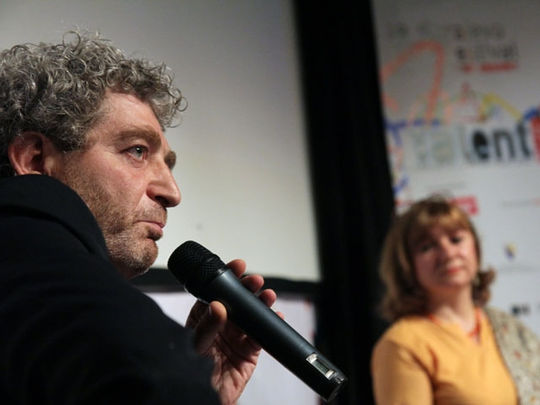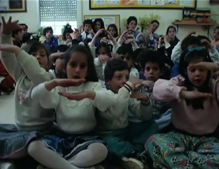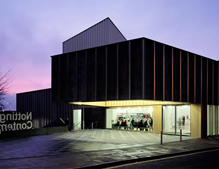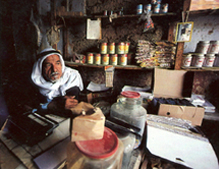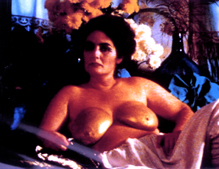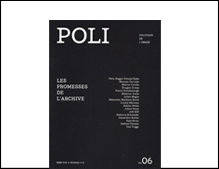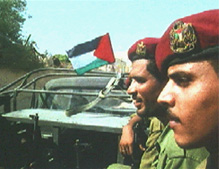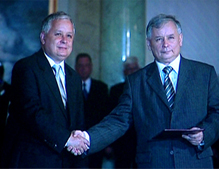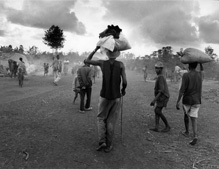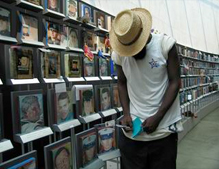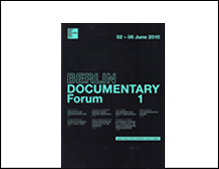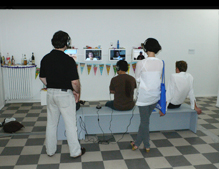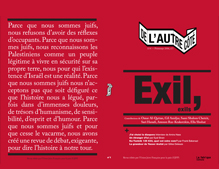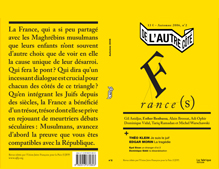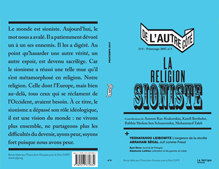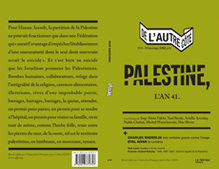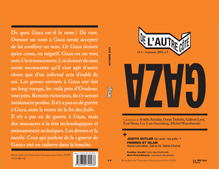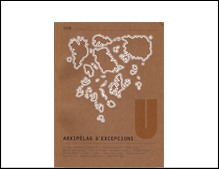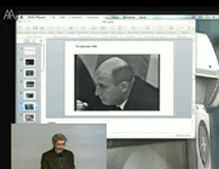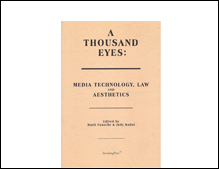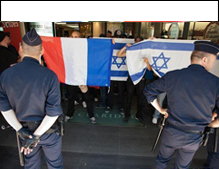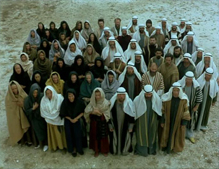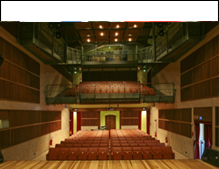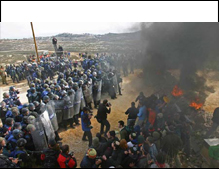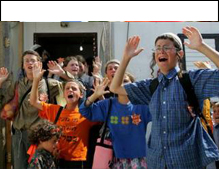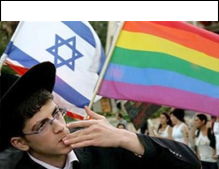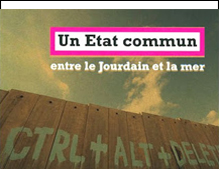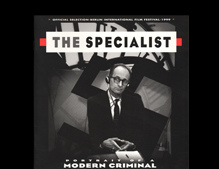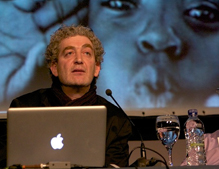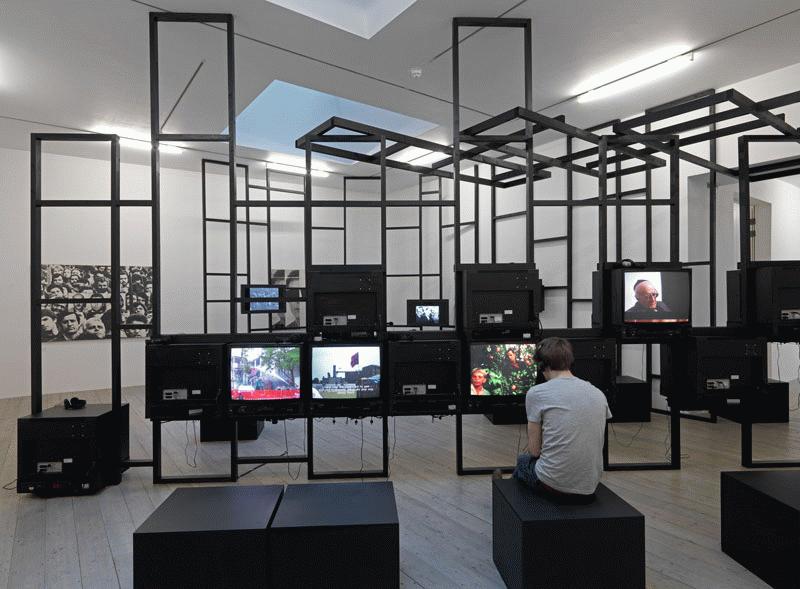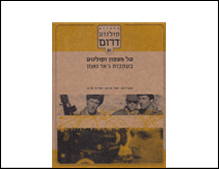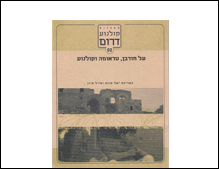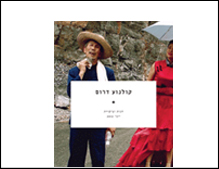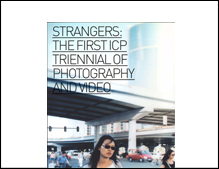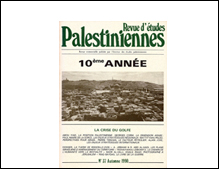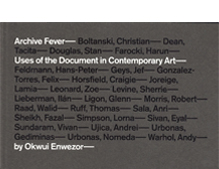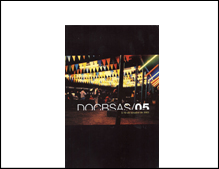-
Proposal for a visual media exhibition
with the participation of students of the Master of Film at the Dutch Film Academy, Amsterdam -
Get my films
Buy DVDs online at www.momento-films.com -
IZKOR
slaves of memory
Documentary film | 1990 | 97 min | color | 16mm | 4:3 | OV Hebrew ST -
Common Archive Palestine 1948
web based cross-reference archive and production platform
www.commonarchives.net/1948 - Project in progress - -
Montage Interdit [forbidden editing]
With professors Ella (Habiba) Shohat and Robert Stam / Berlin Documentary Forum 2 / Haus der Kulturen der Welt / June 2012 -
Route 181
fragments of a journay in Palestine-Israel
Documentary film co-directed with Michel Khleifi | 2003 | 272 min [4.5H] | color | video | 16:9 | OV Arabic, Hebrew ST
-
The Specialist
portrait of a modern criminal
Documentary film | 1999 | co-author Rony Brauman | 128 min | B/W | 4:3 | 35 mm | OV German, Hebrew ST -
Jaffa
the orange's clockwork
Documentary film | 2009 | 88 min | color & B/W | 16:9 | Digital video | OV Arabic, Hebrew, English, French ST
-
Montage Interdit
www.montageinterdit.net
Web-based documentary practice. A production tool, archive and distribution device | project in progress
-
Common State
potential conversation [1]
Documentary film | 2012 | 123 min | color | video | 16:9 split screen | OV Arabic, Hebrew ST -
Towards a common archive
testimonies by Zionist veterans of 1948 war in Palestine
Visual Media exhibition | Zochrot Gallery (Zochrot visual media lab) | Tel-Aviv | October 2012 - January 2013
-
I Love You All
Aus Liebe Zum Volk
Documentary film co-directed with Audrey Maurion | 2004 | 89 minutes | b/w & color | 35mm | OV German, French ST
Our lives get nourishment from our meeting certain persons. One such was professor Yeshayahu Leibowitz, whom l discovered some years ago, and rediscovered last year at a time when l was trying to understand what motives led the Israeli government to conceive the strategy of accumulated imprisonment that the occupation is : imprisonment within the territories, in the cities, in the houses ; imprisonment of political power and of the mind ; imprisonment through oppression, humiliation and denial ; imprisonment of all forms of culture ; geographical imprisonment, in jails, under tents ; imprisonment in the status of terrorist, based on manichean and manipulative representations, These elaborate forms of destruction of a population through the putting in place of imprisonment within imprisonment are what the occupation really is.
In order to speed up the loosening of the strong, dynamic ties which bind Palestinian society, the Israeli government, rather than dismantling the occupation, has chosen to play on the fear of terrorism, and to use it as a lever to do away, in every way imaginable -some of them quite perverse- with Palestinian society and the Palestinian people.
A closer look at this illegal occupation, however, will show how alarming the situation is not only in the occupied territories and among the Arab Israeli population, but above all within an Israeli society which hides behind the democratic values which the state claims it represents.
Democracy cannot he upheld by preventive, defensive policies of elimination and of selection based on racial, religious and economic criteria. Such policies prevent the emergence of countries capable of establishing secular democracies in a part of the world hitherto more inclined to favour the emergence of countries where religion and political power are merged.
I wonder what values the Israeli state can defend by resorting to such a crude strategy, that can be defended only by renouncing one's critical faculty, by closing up one's mind and refusing to anticipate the future while keeping memory alive. I wanted to know whether a democracy could be founded on values. I leafed through books. I know that in order to construct and apply itself, thought needs to be nourished by encounters and confrontations.
On a shelf in my library I came upon a film by Eyal Sivan, whom I had met some time before : Itgaber, a conversation with Yeshayahu Leibowitz in 1994. It cleared things up for me, opened new avenues:
"The purpose of democracy is to limit the authority of the state to the indispensable minimum. The Israeli state today is not founded on values, unless it is a value to want to impose Jewish domination on the whole of Palestine. Indeed, perhaps this is its value to-day, I correct myself : the state of Israel today is founded on one value, to impose Jewish domination by force on the whole country and on the other people living in that country. That is the one value which the State of Israel recognizes today, much is sacrificed for its sake. I am talking of the monstrous phenomenon of a regime imposing itself on a population consisting not of one people, but of two peoples which are enemies. To this national conflict, without solution in itself, is moreover added a social conflict : of these two peoples, one works and the other exploits the first. That is why it is impossible for a democratic regime to exist and for human rights to be respected in that country. I insist : they cannot be. That is a consequence of an objective fact : the state of Israel today is a colonial power" (1)
Every day today, thousands of men and women, some of them for more than thirty-six years, others since they have had to serve in the territories, oppose this colonial power and its strategy of destruction of both societies. The war resisters may be fated to live in Israel, but they do not have to accept the values of colonial domination, and the measures which buttress the forces of repression -torture in the occupied territories included. To apply torture is to accept that it should be used to ends which are and must remain foreign to democracy. "The whole world from Australia to Norway knows that we resort to torture in the occupied territories. Torture ! We use it by virtue of an authorization granted by the former president of the Supreme Court of the
State of Israel ; this person, more important practically than the head of the state or the prime minister, has expressly legalized the use of torture to make Arab prisoners talk. This is what I mean by "Judeo-nazi". Yes, Landau. He is the one who legalized the use of… "moderate physical force". (1)
All the young people who refuse to serve in the territories strengthen therefore the meaning of democracy and uphold the basic values of humanity. These women and men, who dare use they critical faculty to keep their society from self-destruction, are so many flaws in the Israeli system of repression. In 1994, Leibowitz thought the 160 refuzniks were heroes . Insubordination is heroic, heroism consists in resisting one's impulses and natural inclinations. There are today a little over 500 refuzniks, the number Leibowitz was hoping for, who wrote the Defence minister : "we shall soon he members of the army of Israel. We want to serve with all our hearts, all our soul, all our strength. But we shall not obey an order to serve in the occupied territories, because we want to be soldiers, not murderers".
Something indeed has changed in the state of Israel. The opponents to the militants for peace have now to reckon with the "flaws" who open up a space where alternatives to the occupation can be put forward and peace be conceived, far as it may seem in the present international context.
Beside the inside "flaws" there are outside "flaws" ; concerned with the struggle of the Palestinian people for their right to their own state within the borders of 1967. This fight demands that the functioning of some democracies be questioned, it poses a challenge to some of the states which claim to he democracies.
Eyal Sivan is one of these "flaws", he refused to serve. He uses his experience with images and words in the service of peace by putting together a film which will enable its spectators to apprehend thought in action. In it, they will see Yeshayahu Leibowitz think aloud, go off in the wrong direction, correct himself, bounce from word to word, build up -without hatred or violence acase against his country's colonialist repressive policies, as he states repeatedly, he merely registers facts.
Eyal's work shows that peace can be conceived and constructed in a number of ways, from politics to art. Art can be a means through which consciousness is reached. One must not be deaf to the voices which challenge the state's arrogant and repressive policies. The story of such encounters is "the chronicle of man's struggle against madness, crime and misfortune. It is the stuff of History, no victory is final, the struggle has no end.
Let us hope, though, for the sake of the Palestinian people and of the humanity of Israeli society, that this particular struggle will end.
Mireille Mendès-France, February 2003

